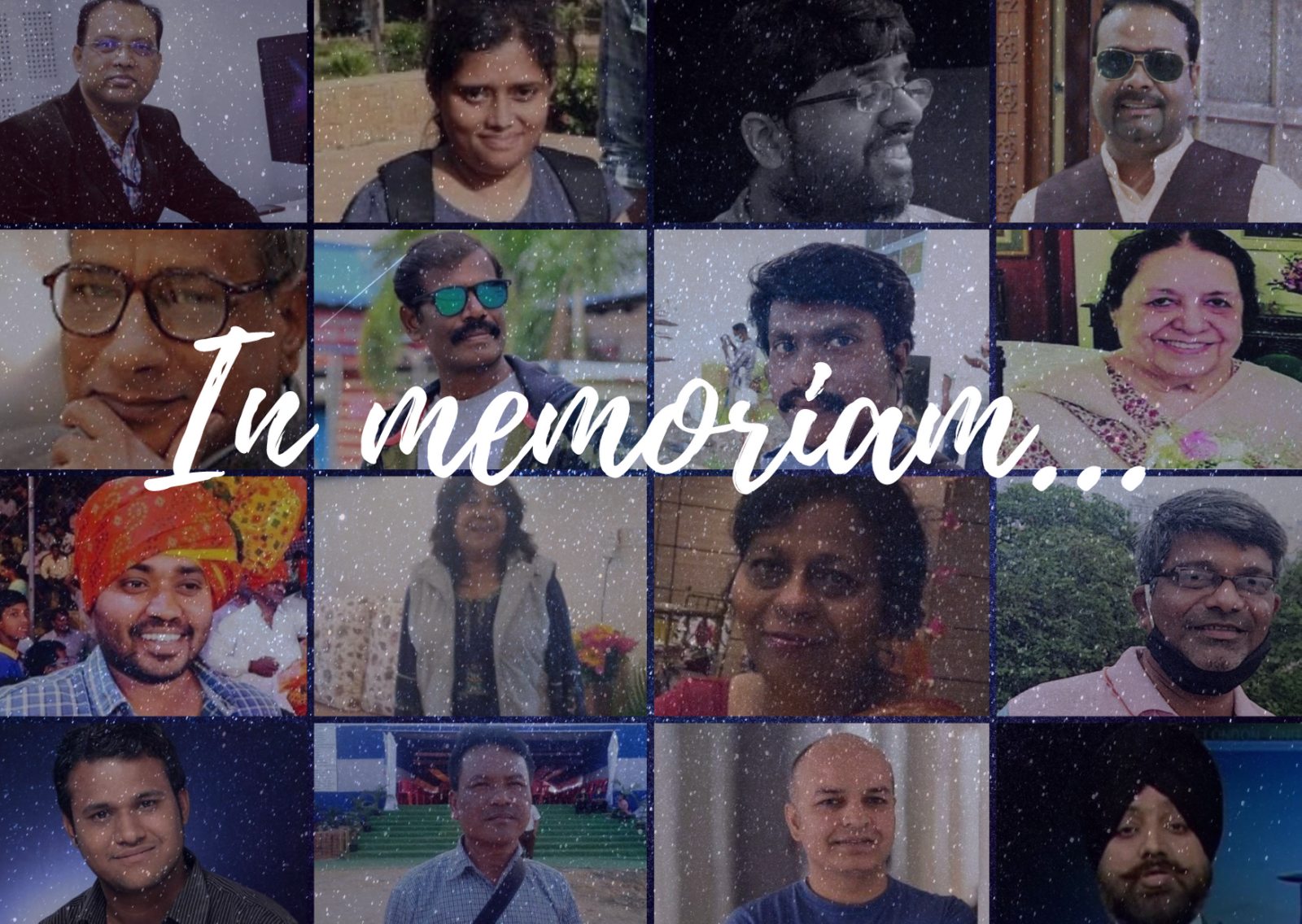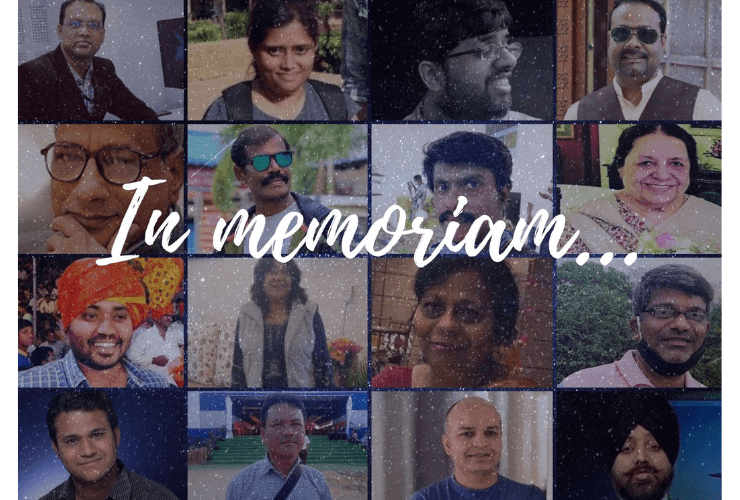
By Editors
If you take a second to think about it, it’s an odd impulse that drives journalists – to go everywhere and bear witness. To believe their presence is crucial for the righting of the scales. To believe their eye will see the small detail of the miniature and their words will bring together the big picture of the mural. To know what is happening.
Journalists have always worked with the full awareness of the precarity of their status and the inscrutability of their mission. It’s hard for many people to understand why journalists would want to do what they do, why journalists feel the need to do what they do. So in our contemporary lives it’s not surprising that the mystery of that impulse has been explained away as an avidity for power or a greed for fame. Journalism has been accused of these moral failures before. And such accusations are not completely without merit. When also tarred with the brush of fake news, journalism became that much harder and the lives of journalists that much more dangerous. But that wasn’t all that happened. The loss of trust in journalism has destabilised our understanding of the meaning of truth and even the meaning of words. Journalists – largely underpaid, overworked and without workplace protections — persisted. And into this already complicated universe came Covid-19.
In India, as well as many other countries, journalists have operated on the frontline over the past year. When the nation was in lockdown and when it was in unmasked denial and at every stage in between, journalists have been reporting. They have written, recorded videos, taken photographs, analysed data, read stacks of papers, recorded podcasts. They have walked, driven, taken trains and buses.
Many women journalists, often ‘relegated’ to beats like health, found themselves in the spotlight, covering one of the most important stories of our times. They have done so under the most difficult of circumstances, with lockdowns reinforcing the gendered division of domestic labour, job insecurity, the obduracy of managements, and unrelenting trolling on social media. Yet, they wrote on. They have reported on the pandemic and about every aspect of a country changed by the pandemic. They have written and spoken about victims and about heroes. And many of them have done so in full awareness that there will be no witness to their suffering and no bard for their heroism.
Over this past year we have lost dozens and dozens of journalists to Covid-19. And as their bereaved families, friends and other loved ones grieve, we at the NWMI also want to mark the tragic loss of our peers in this profession. We mourn the loss of what they knew, what they loved, what each of them did, one story at a time, one photo at a time, one dataset at a time. From within our community of those of us who go everywhere unasked, we mourn the loss of our comrades, friends, bosses and colleagues and bear witness to their final journeys.
We wish to remember each and every one of them, and hence have put together a list of journalists who have passed away due to Covid-19. Please email us at nwmi.contact@gmail.com with photographs, updates, corrections and any additional information.
In Memoriam: List of journalists and media workers lost to Covid-19
Statement: NWMI Expresses Grief and Anger over Loss of Journalists due to Covid
In the Press:
- CNN’s Christiane Amanpour starts her discussion on ‘Journalism in India is on a ventilator’ by quoting the NWMI list.
- “I had to stop many times before I could finish reading a short statement by the Network of Women in Media, India (NWMI), which mourned the loss of more than a hundred journalists who have lost their lives in India over the past year” writes The Hindu’s readers editor A.S. Panneerselvan on May 2, 2021
- In The Week, May 1, 2021
- Covid has killed 235 journalists in India so far: The Network of Women in Media, which compiled the list, wants journalists to be treated as frontline workers and vaccinated on priority. Writes News Laundry
- According to the list compiled by the Network of Women in Media, India, several of the journalists who have died were in their mid-forties. Reports National Herald
- Mentioned in the April-June 2021 issue of Vidura, published by the Press Institute of India.
- “As India faces the second wave of the pandemic and the country struggles with mounting Covid-19 cases, it now has the highest amount of journalists who have died from Covid-19, with over 235 journalists losing their lives in the last year according to the Network of Women in Media.” Notes International Federation of Journalists in its Asia Pacific Regional Bulletin-June 1, 2021
- “By the end of May, at least 474 Indian journalists have died of COVID-19, according to a database compiled by the Network of Women in Media India (NWMI).” Notes this report by Reuters Institute.
- CNN notes: “In a memorial page, NWMI has compiled a comprehensive list of retired and working reporters, editors, anchors, photographers, and photojournalists who have died”
- On the Polis Project’s Watch the State: COVID-19 India public archive
- “As of today, a total of 519 journalists have died of Covid-19 in India, according to the Network of Women in Media, India (NWMI), which is keeping a day-by-day tally of the constantly rising death toll within the Indian media.” Report in Reporters Without Borders.
- The International Association of Women in Radio & Television (IAWRT) reports: “The database of Network of Women in Media, India (NWMI) listed 518 journalists and media workers who died of Covid-19 as of June 10, 2021.”
- Assamese publication, Mahabahoo re-publishes The Memorial.
- Webinar by ICFJ on Reporting on Covid-19 in Hard-Hit India
- Reporting on COVID-19 in hard-hit India, article in IJNET
- Nieman Reports: “The death toll — 595 as of July 20 — places India among the world’s worst in terms of Covid-related deaths of journalists.”





